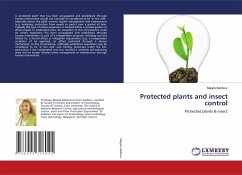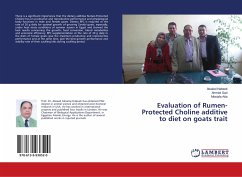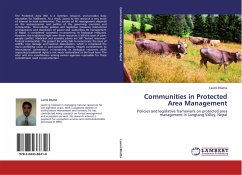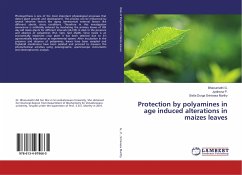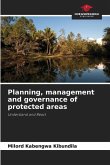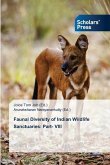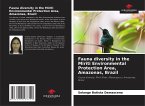A protected plant that has been propagated and established through human intervention would not normally be considered to be 'in the wild', especially where the plant receives regular management and maintenance (e.g. watering, protection from weeds or pests.) over a period of time. Typically this type of native vegetation is located within a tended garden or street-scaped or landscaped area. An exception to this circumstance could be where vegetation has been propagated and established through human intervention as part of a revegetation program, including but not limited to, a formal offset or mitigation requirement (e.g. a revegetation condition of an approval, an offset protected through a tenure mechanism). In this circumstance, artificially established vegetation may be considered to be 'in the wild' and thereby protected under the Act, particularly if the revegetated area has reached a relatively self-sustaining state and no longer receives active management or maintenance through human intervention.
Bitte wählen Sie Ihr Anliegen aus.
Rechnungen
Retourenschein anfordern
Bestellstatus
Storno

